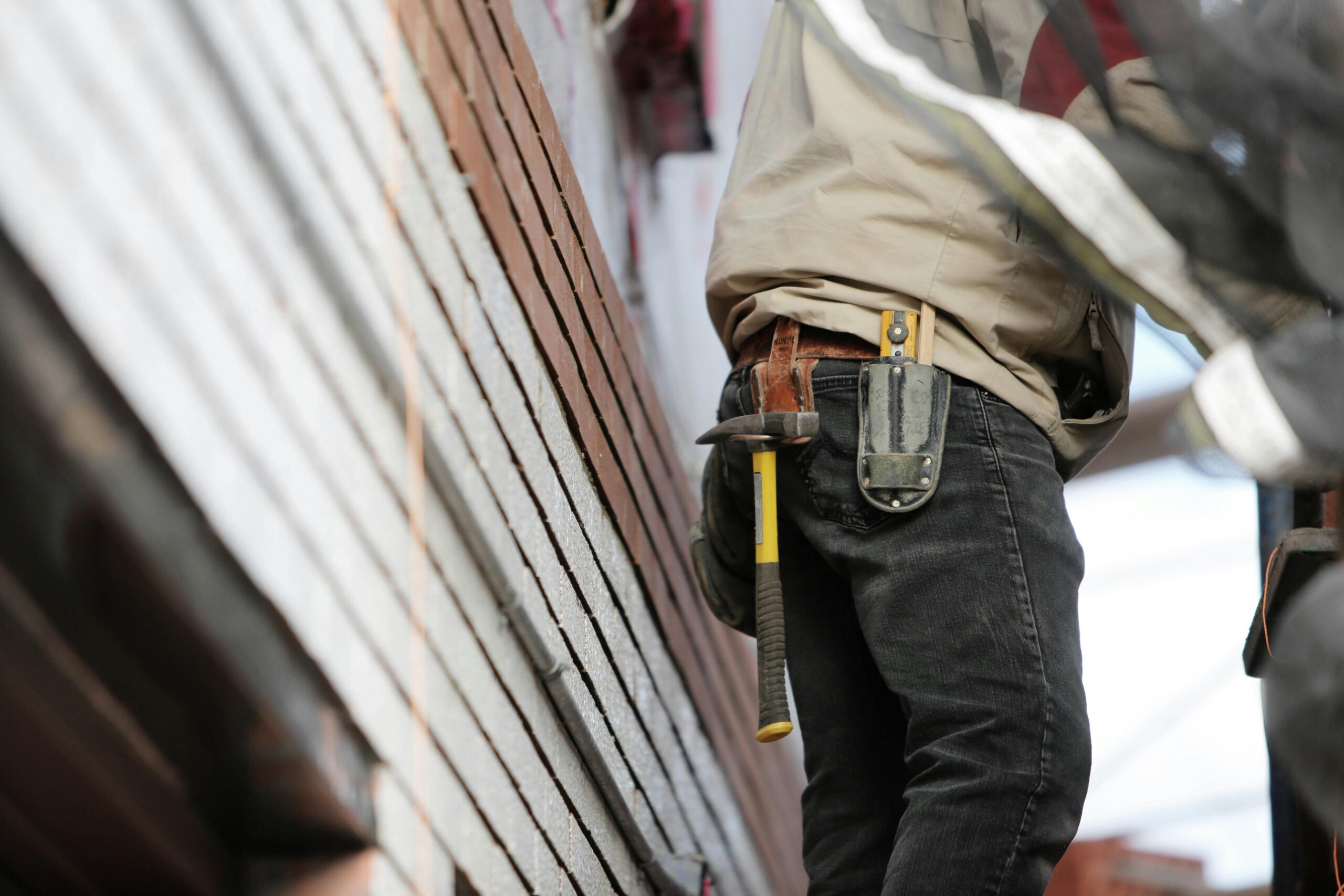Minneapolis is a city where urban vibrancy meets breathtaking natural beauty, with its scenic lakes, lush parks, and the majestic Mississippi River providing a serene backdrop to everyday life. When protecting a Minneapolis home, the roof is the first defense against the elements.
But with so many roofing options available, how do you choose the right one? Your choice can significantly impact a home’s durability, energy efficiency, and curb appeal. So, where should the decision-making process begin? Let’s examine the essential factors when selecting the best option for Minneapolis roofing.
Understanding Climate Needs
Minneapolis is known for harsh winters and fluctuating temperatures, so the roof must withstand everything from heavy snowfall to summer heatwaves. So, what roofing materials can handle these conditions? Asphalt shingles offer excellent protection against the cold and can endure the freeze-thaw cycles standard in this region.
Metal roofs, for instance, are becoming increasingly popular in colder climates. They are incredibly durable and can quickly shed snow, preventing the build-up that could lead to ice dams. The ability to reflect sunlight makes metal roofs an energy-efficient choice during the warmer months. When considering roofing options, consider how each material performs under Minneapolis’ unique weather conditions.
Balancing Aesthetics and Functionality
The roof is a critical part of a home’s exterior, so choosing one that complements the architectural style is essential. But aesthetics shouldn’t come at the cost of functionality. For instance, wood shakes offer a classic, rustic look. Have you considered the impact of color? Lighter-colored options can reflect heat, which is beneficial during hot summers, while darker colors tend to absorb heat, providing additional warmth during winter. By carefully balancing aesthetic preferences with practical needs, a roofing solution can enhance a home's beauty and performance.
Considering Energy Efficiency
Energy efficiency is a critical factor for many homeowners when selecting a roof. With rising energy costs, who wouldn’t want to save a bit on utility bills? Some materials are better at insulating a home than others, which can significantly affect energy consumption. For example, metal roofs provide excellent insulation during winter and reflect sunlight during summer, keeping the interior cooler.
Evaluating Longevity and Maintenance
How long do you want the roof to last? Different roofing materials come with varying lifespans and maintenance requirements. Asphalt shingles typically last 20 to 30 years. But longevity isn’t the only consideration. Maintenance is another critical factor. Some materials, like metal and slate, require minimal upkeep, while others, like wood, may need regular treatments to prevent decay and insect damage. Consider how much time and money you will invest to maintain the roof over the years.
Weighing the Cost
Of course, cost is a significant factor in any home improvement decision. While it’s tempting to go for the cheapest option, it’s also essential to consider the long-term costs. For example, An energy-efficient roof might have a higher initial price tag, but it could save money on utilities in the long run.
Consulting with Professionals
Choosing the right roof type is a significant decision and does not have to be made alone. Professional roofing contractors can offer valuable insights and guide you toward the best choice for your home. They can assess specific needs, provide estimates, and ensure the installation is done correctly. By working with professionals, homeowners can feel confident that the roof will stand the test of time and provide the protection a home needs.
Selecting the right roof type for a Minneapolis home involves carefully balancing aesthetics, functionality, and cost. Minneapolis roofing options are diverse, offering solutions tailored to the city's unique weather challenges. Consider these factors to make an informed decision. Remember, consulting with a professional can make all the difference when in doubt.

